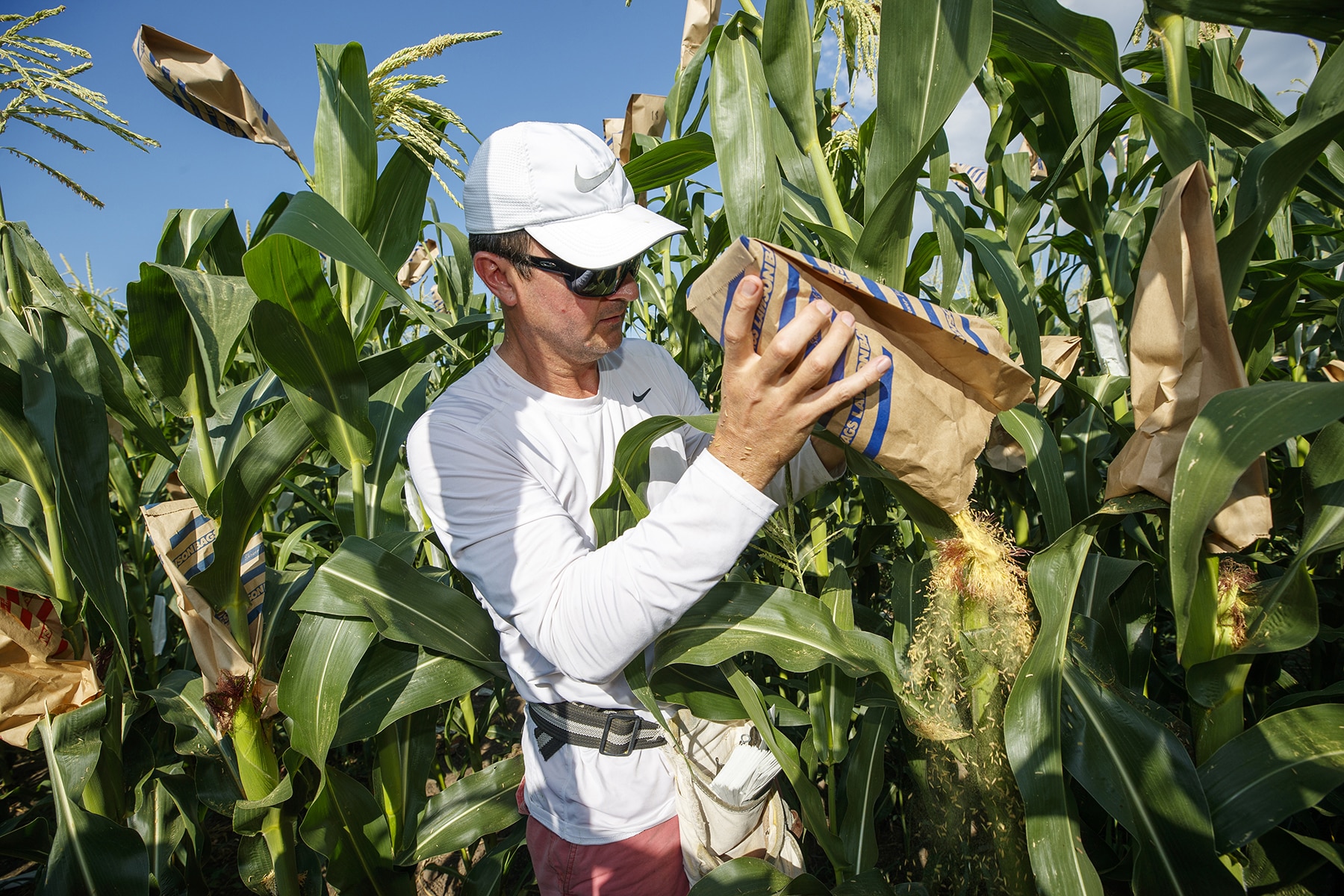Research paves the way for improved popcorn.
Notwithstanding its ubiquity and widespread use, dent corn (zea maize) is an imperfect food crop with incomplete protein quality. Widely recognized as one of the world’s major, high-energy feed crops, corn generally contains low levels of two essential amino acids, lysine and tryptophan.
Through backcrossing and several cycles of recurrent selection of maize, breeders at the International Center for Maize and Wheat Improvement (CIMMYT) in Mexico have combined the high-lysine potential of the opaque-2 gene with genetic endosperm modifiers. These new genotypes, collectively called “quality protein maize” (QPM), are of interest to seed producers and breeders for their potential advantages in human nutrition and animal feeding. This is a natural maize variant containing double the level of two essential amino acids, which are typically limiting and make corn an incomplete protein source. QPM cultivars retain the protein quality of conventional opaque-2 maize but have improved agronomic traits, notably higher yields and glassy, hard-grain endosperm. Field corn and popcorn are genetically less related than corn inbreds are to each other. These differences make successfully crossing these sub-species more difficult.












